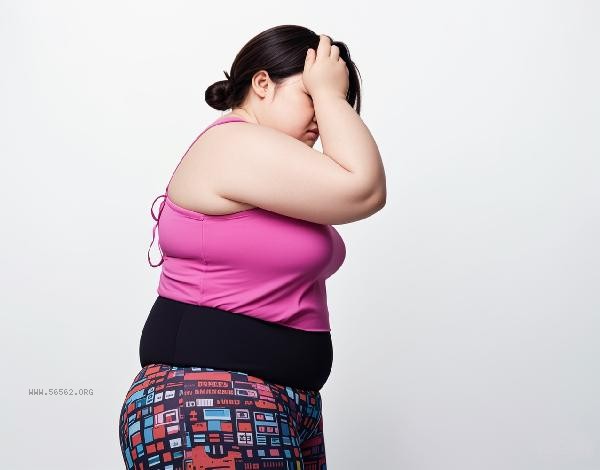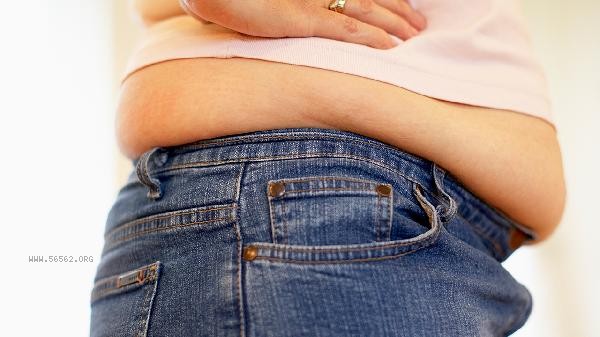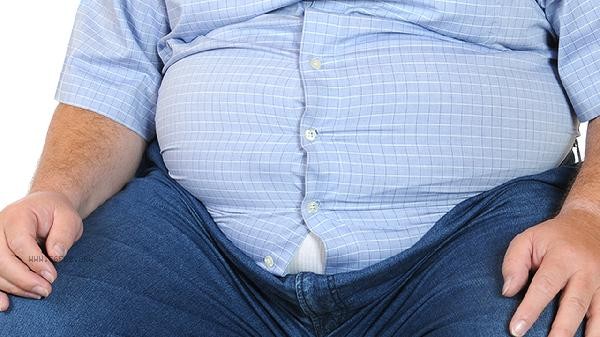The examination fee for endocrine obesity department is generally between 500 yuan and 3000 yuan, and the actual cost is affected by various factors such as examination items, hospital level, regional differences, equipment types, and medical insurance policies.

1. Examination items:
Basic examinations such as blood glucose, blood lipids, thyroid function, and other routine items have lower costs, about 500-1000 yuan; If it involves special projects such as hormone complete sets, insulin resistance assessment, or genetic testing, the cost may increase to 2000-3000 yuan. Different combinations of projects will significantly affect the total price.
2. Hospital level:
Third tier hospitals usually have examination fees 20% -30% higher than second tier hospitals due to advanced equipment and abundant expert resources. For example, thyroid ultrasound costs about 300 yuan in tertiary hospitals, while it may only cost 150 yuan in community hospitals, but there may be differences in detection accuracy.
3. Regional differences:

Inspection fees in first tier cities are generally higher than those in second - and third tier cities, and the same project may be 15% -25% more expensive than in provincial capitals such as Beijing and Shanghai. The price level and labor costs in economically developed regions will be directly reflected in medical pricing.
4. Equipment type:
The cost of using imported detection equipment such as chemiluminescence hormone detectors is 1.5-2 times that of domestic equipment. For example, using imported growth hormone testing kits costs 400 yuan, while domestic kits only cost around 200 yuan.
5. Medical insurance policy: Some basic items such as blood glucose and liver function can be reimbursed by medical insurance, but special examinations such as cortisol rhythm testing require self payment. The reimbursement ratio for urban and rural residents' medical insurance is usually between 50% and 70%, while employee medical insurance can reach over 80%. The actual out of pocket amount varies greatly.
It is recommended to consult the hospital's billing department before the examination to understand the specific project details. Some institutions may provide specialized screening packages for obesity, which may be more economical. Maintain a normal diet for the first 3 days of the examination to avoid affecting the accuracy of the results, and wear loose clothing for easy blood draw and body fat measurement. Long term obese patients can prioritize completing core tests such as blood glucose metabolism and thyroid function, and gradually expand other tests based on the results. Regularly monitoring weight changes and recording dietary habits can help doctors more accurately assess endocrine status.










Comments (0)
Leave a Comment
No comments yet
Be the first to share your thoughts!